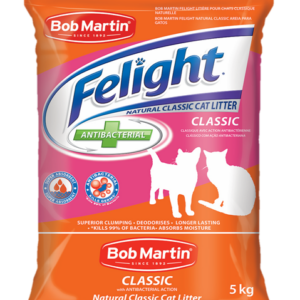Seeing your cat ill is one of the worst feelings in the world, and when they’re vomiting it’s even worse. While vomiting can sometimes be a somewhat natural response to discomfort, it can also signal something more serious.
Hairballs
The most common reason for cats vomiting is that they are trying to get rid of hairballs. This is reasonably uncommon in short-haired cats, but is likely to happen now and then with long-haired breeds. While this is not necessarily dangerous, it’s important to check that it’s not happening too often, or that your cat is choking when this happens.
Speedy eaters
Another common reason, which applies to all kinds of cats, is that they are eating too quickly.
It is important for your cats to eat at a steady pace, in order to avoid swallowing their kibble whole,
which can induce gagging and vomiting.
In this case, a larger, rather than smaller kibble is a better choice so that your cat is forced to slow down, chew for longer and then swallow. Another option is to feed your cat more often, in smaller portions. Make sure that if you have more than one cat, there is the option for separate bowls in separate areas,
as the desperation to get food from one bowl can cause this frantic, fast eating.
What about grass?
One peculiar behaviour you may have noticed is your cat occasionally eating grass and then vomiting
it up. This is also reasonably natural, despite the fact that it looks uncomfortable.
Cats don’t have the stomach enzymes to digest grass, so they eat it to clear their digestive tract of hair, bones and parasites, which are released when they vomit. However, this behaviour can also signal a serious stomach irritation or infection, so if the behaviour becomes more frequent, or you notice blood in your cat’s vomit (for this or any other reason), seek help from your cat’s vet as soon as possible.
Photo by Nika Benedictova on Unsplash







